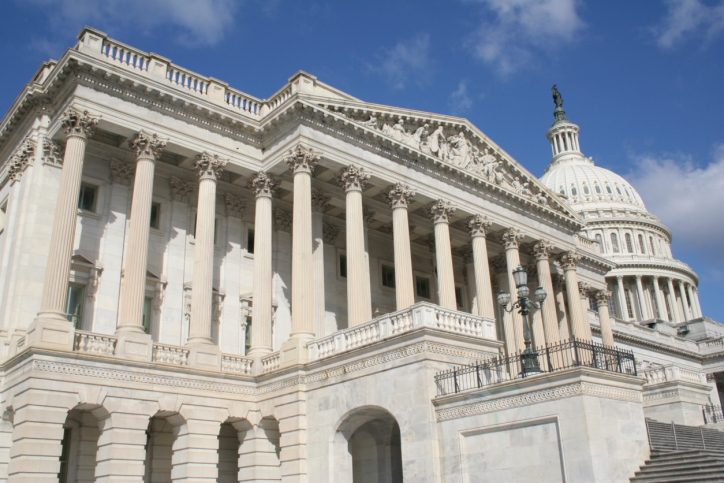Not ready to give up the fight, the Republican-led House of Representatives attempted to override President’s Biden veto of a resolution that sought to block the so-called “ESG rule” from taking effect but fell well short of the votes needed.
 To override a presidential veto, it requires a two-thirds majority vote in both the House and Senate, but the March 23rd House vote came in at 219-200. Rep. Jared Golden (D-ME) was the only Democrat to cross party lines in voting to override the veto.
To override a presidential veto, it requires a two-thirds majority vote in both the House and Senate, but the March 23rd House vote came in at 219-200. Rep. Jared Golden (D-ME) was the only Democrat to cross party lines in voting to override the veto.
President Biden on Monday, March 20 had vetoed the joint resolution (H.J. Res. 30) passed by the House and Senate under the Congressional Review Act by slim majorities at the end of February, arguing that the measure would block plan fiduciaries from freely considering the best interest of workers and savers in retirement plan investment offerings.
The Department of Labor’s final rule—officially titled Prudence and Loyalty in Selecting Plan Investments and Exercising Shareholder Rights—took effect on Jan. 30, 2023. The newly finalized regulation permits—but does not require—plan fiduciaries to consider the potential financial impact of environmental, social and governance (ESG) factors alongside other financial considerations when they select investments to offer within a retirement plan and exercise shareholder rights, such as proxy voting.
The resolution to overturn the regulation was initially introduced by Rep. Andy Barr (R-KY) in the House and Sen. Mike Braun (R-IN) in the Senate. It was approved in the House on a near party-line vote of 216-204. Democrats Joe Manchin (WV) and Jon Tester (MT) joined all Republican senators in supporting the resolution resulting in a vote of 50-46 (with one Republican and three Democrats absent from the vote).
While the issue will likely remain a political-wedge issue for the foreseeable future, attention will now likely turn to the two pending legal challenges, including a suit brought in late January by a coalition of 25 State Attorneys General (along with a plan sponsor and an unrelated plan participant) before the U.S. District Court for the Northern District of Texas, along with a suit filed by DC plan participants in late February before the U.S. District Court for the Eastern District of Wisconsin. Both suits make similar arguments, contending, among other things, that the ESG rule violates the Administrative Procedure Act and ERISA, and is arbitrary and capricious.

